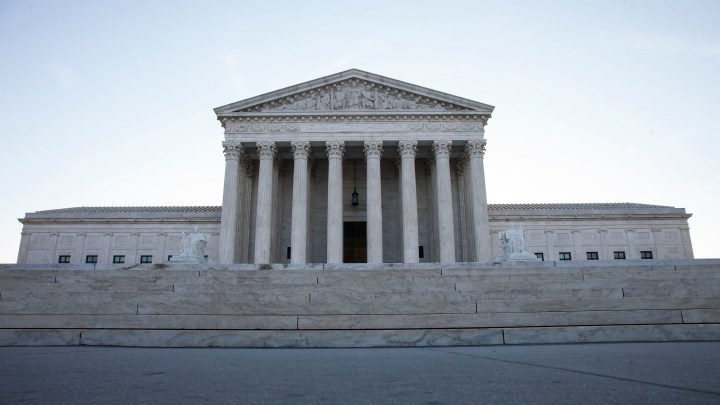
Supreme Court decision creates uncertainty for businesses operating in Indian Country
Supreme Court decision creates uncertainty for businesses operating in Indian Country

American courts have long recognized tribes as sovereign nations that are entirely separate from the states they share borders with — until last week, when the Supreme Court upended that precedent.
In a major blow to tribal sovereignty, the court’s 5-4 decision in Oklahoma v. Castro-Huerta gives states authority to prosecute some crimes allegedly committed by non-Native people on tribal land. It also constitutes a major shift for non-Natives operating businesses on reservations, who in the past have been subject to federal and tribal law, cops and courts.
“It takes the foundational premise of the entire field [of federal Indian law] and turns it 180,” said Stacy Leeds, a professor of law at Arizona State University and a citizen of the Cherokee Nation. “It says point blank in the majority opinion that Indian Country is part of the state.”
“If you have a non-Indian who happens to be doing business on a reservation, it seems that state law would follow that person wherever they go within that state, including on an Indian reservation,” Leeds added. “So [the decision] really throws into chaos understandings of who regulates business conduct when non-Indians are involved.”
The decision also signals that the high court could be willing to expand states’ civil jurisdiction in Indian Country, according to Maggie Blackhawk, a professor at the New York University School of Law and a citizen of the Fond du Lac Band of Lake Superior Ojibwe. She suspects that’s what the state of Oklahoma, which brought this case, is angling for.
“What it really wants is to have clear civil jurisdiction over tax revenues and mineral rights,” Blackhawk said. “This will push the conversation forward to where Oklahoma can try and bargain for more concessions from the tribal governments around civil jurisdiction and the regulation of businesses.”
Blackhawk said that uncertainty isn’t good for commerce on tribal lands.
The Supreme Court has indicated that it’s “willing to destabilize all of the Indian law framework that now governs economic development within Indian Country,” Blackhawk said. “That’s not where businesses thrive, under unstable legal frameworks.”
Blackhawk said the legislative branch could restore some of that stability. In a scathing dissent, Justice Neil Gorsuch, who has the most judicial experience with federal Indian law among the current justices, called on Congress to prevent “needless confusion across the country” by requiring that states obtain tribal consent before exercising jurisdiction on tribal lands.
There’s a lot happening in the world. Through it all, Marketplace is here for you.
You rely on Marketplace to break down the world’s events and tell you how it affects you in a fact-based, approachable way. We rely on your financial support to keep making that possible.
Your donation today powers the independent journalism that you rely on. For just $5/month, you can help sustain Marketplace so we can keep reporting on the things that matter to you.











